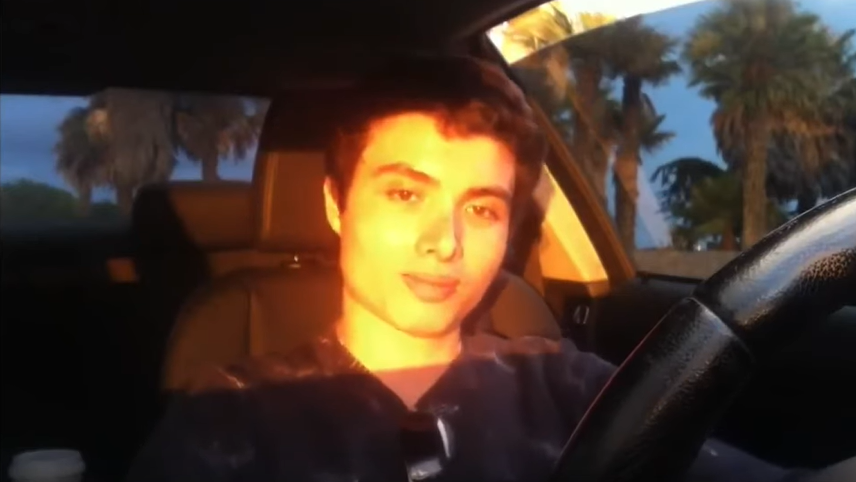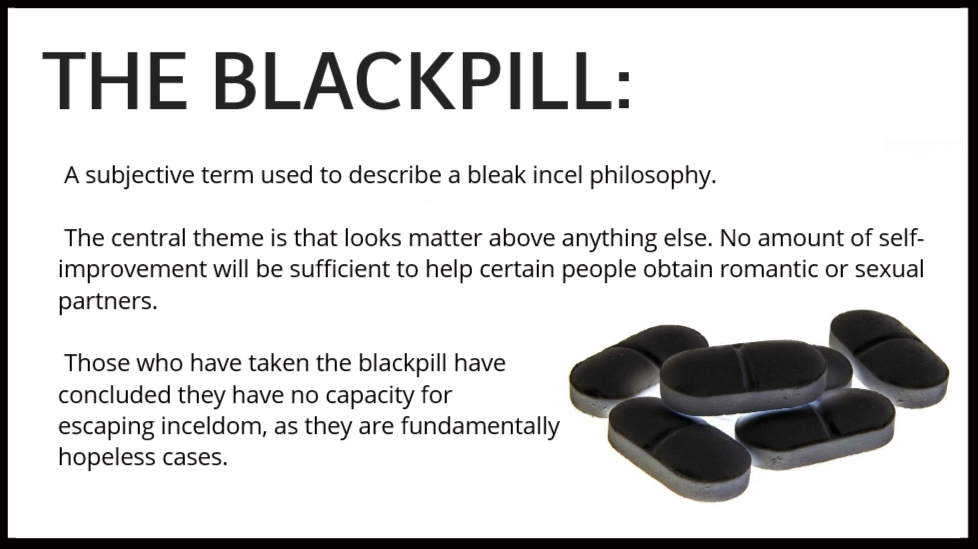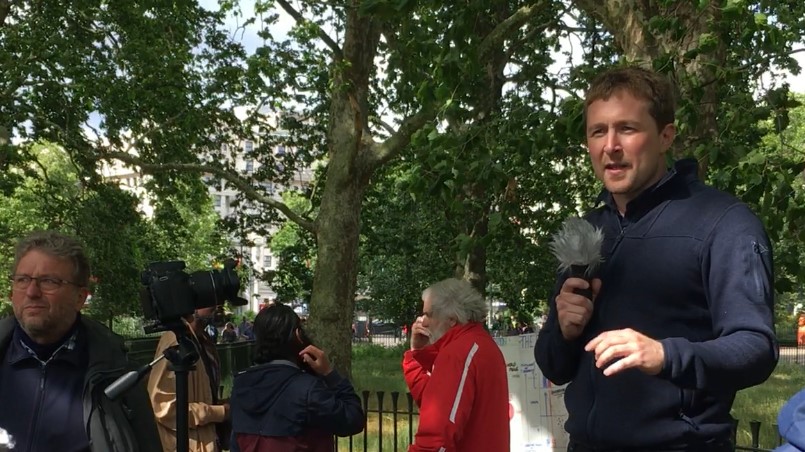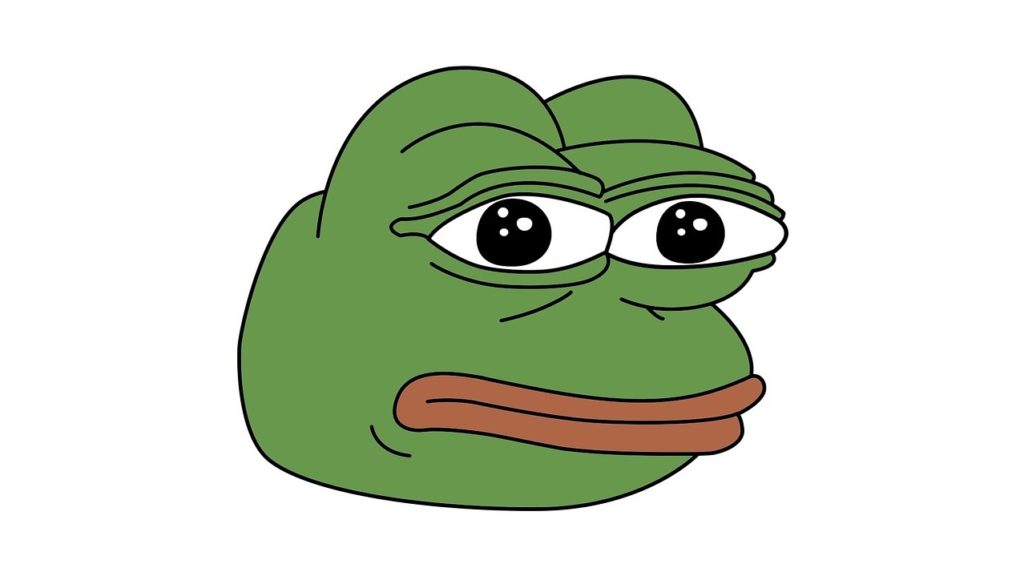Dangerous online men’s groups have featured heavily in the media recently. Is the internet a problem for modern masculinity?
As the beaming California sunshine illuminated the BMW interior, the 22-year-old human Ken doll sitting in the driver’s seat addressed the camera on the dash. “On the day of retribution, I am going to enter the hottest sorority house of UCSB, and I will slaughter every single spoiled, stuck up, blonde slut I see inside there.”
His speech is slow, deliberate, and comes off rehearsed. His faux evil laugh reminiscent of Mike Myers’ Dr Evil is almost comical, but the content takes the comedy out of the delivery. “I’ll take great pleasure in slaughtering all of you,” he smirked.
The creep in the car was Elliot Rodger. And tragically, on May 23, 2014 he fulfilled his promises. The day he uploaded this video to YouTube, Rodger stabbed his three flatmates to death.
He couldn’t enter the sorority house, but instead he opened fire on three young women, killing two. He then drove down the street shooting at the people he passed, killing another and injuring many more before finally killing himself.
Rodger had published a manifesto online, as well as his videos. His motivations were clear: chronic rejection from women. He was an incel, short for involuntary celibate.
Incels have a thriving online presence, and they’ve become associated with some of the most extreme forms of online misogyny. They are only a part of the so called ‘manosphere’, a plethora of online men’s groups generally associated with sexism or misogyny.
The manosphere itself is just one side of the modern masculinity coin. Other groups sit more comfortably within mainstream, often feminist ideals, while trying to alter the traditional rules around being a man.
There’s a diverse variety of groups and ideologies thriving while we’re spending more and more time online. Is the internet playing a problematic role in all of this?
Social media can play a positive role
The Man Cave is an Australian company that delivers programmes aimed at facilitating healthy masculinity for boys and young men. CEO, Hunter Johnson, is aware of the internet-specific challenges young boys face.
Johnson explained the impact that porn is having on adolescents. “We know the average age a young person looks at porn is nine or ten. Some young men I’ve worked with have challenges getting erections now because they’re so desensitised from watching so much porn. Not only that, it’s their sexual education now.”
Some young men I’ve worked with have challenges getting erections now because they’re so desensitised from watching so much porn.”
Hunter Johnson
Although internet issues are problems Johnson encounters regularly, The Man Cave’s focus is on improving male identity in general. “I don’t think that masculinity in itself is toxic,” said Johnson. “Like anything there can be a light side and a dark side. I do think that there are certain traditional belief systems around masculinity that are ready for an upgrade.”
Upgrading beliefs around what is to be a man means providing an alternative to hyper-masculinity: a concentrated caricature of traditional manliness.
The theory is hyper-masculine men don’t often ask for help or share their feelings. This is thought to contribute to high male suicide rates across the globe. “With the suicide rates that are impacting men,” said Johnson, “Particularly in the UK, we are ready for that upgrade, and part of that is developing our emotional range as men.”
In the UK, Andy’s Man Club has a mission to drastically reduce the suicide rate by creating an environment where men can talk openly without fear of judgement.
Andrew Greenway works for the charity helping new clubs get set up. He explained the positive role social media has played in getting the word out, particularly when the founder, Luke Ambler, started the club. “He started a club in a little district of Halifax, and nine guys turned up because of one post on his own personal Facebook page.”
In the weeks that followed, Ambler used social media to promote the club. “He just sat there and took a selfie,” said Greenway, “It was him doing the okay sign that’s on our logo, and attached some of the statistics around male suicide.”
The word grew, and celebrities also backed the campaign. Greenway said in no uncertain terms that social media had played a positive role. “Social media has been huge in growing our numbers and the amount of people that know about us.”
The dark side of social media
When it comes to raising awareness of suicide, online communities have done some good. But they also do a lot of harm to young men, too. When asked what challenges kids face, social media was Johnson’s first response.
Johnson explained some of the challenges that boys face in contemporary Australia, including the policing around how men should behave. “The policing that goes on around identity – don’t be gay, don’t be soft, toughen up – makes it so tough to be a teenager.”
What’s changed is that toxic, or hyper-masculine, bullying behaviour has become a round-the-clock phenomenon for today’s teens. “No longer does bullying stop at the school gate at 3pm,” said Johnson, “It’s something that comes home on a variety of social media challenges.”
Social media doesn’t just create problems around the policing of identity. Johnson explained that it has become a way for teenagers to assess their value. “We see a lot of young people validating their self-worth based on the number of likes and followers and engagement they have online.”
I don’t go on Facebook, there’s too many little groups on there that you can get into, and it creates too much misery.”
Mark
Social media can also suck people into the manosphere. Mark is very familiar with incel forums, but opted not to use his real name for fear of being associated with the likes of Elliot Rodger. Mark explained why he doesn’t use Facebook anymore. “I don’t go on Facebook, there’s too many little groups on there that you can get into, and it creates too much misery.”
It was through Facebook groups that Mark was introduced to the idea of incel forums, where Mark admits there can be a disturbed ideology present at times. “There are a few who call Elliot Rodger ‘St Elliot’, or the supreme gentlemen. Obviously, he was some sort of nutter, but that’s the thing about the forums; they’re a pretty dark place.”

Is the internet creating killers?
Sadly, Rodger wasn’t the only maniac associated with the incel community. Alek Minassian killed ten people on April 23, 2018, in Toronto. The day of his killing spree, Minassian praised Rodger on Facebook, claiming, “The incel uprising has begun.”
Minassian gives weight to the threat of copycat killers born out of a festering ideology online, but Rodger might have been quite atypical of your average incel. It has been suggested that he had narcissistic personality disorder. His last videos included rants about his beauty, that no one should be living a better life than him, and his general superiority.
According to Mark, the opposite is true of most incels. The blackpill, a depressed and nihilistic worldview full of self-degradation, is the central tenet of the incel philosophy. “People are saying that these guys feel entitled to a woman’s time, but the whole point of the blackpill is that it’s a really damaging criticism of oneself.”
Mark doesn’t sugar-coat the dark side of the forums, but he feels as though the reporting on the online culture has been oversimplified. “Many think that it’s an anti-woman thing. There are a lot of angry people on there as well, but the central tenets are all about criticising oneself in quite harsh ways. That’s never picked up by the media.”

The causes: more Freud than Facebook
A recent BBC documentary, ‘Inside the secret world of incels’, opens with captions about a violent new ideology driven by rising misogyny on the internet. Are the root causes of this new dark male identity really online?
Mark has noticed a common theme that he says might account for much of the distrust of women. “I think Freud was probably right when he said the relationship you have with your mother will determine the relationship you have with women in the future. There’s a lot of guys on there who can tell awful stories of parental abuse.”
This reflects Mark’s personal experience. “My mother was a really angry narcissist,” he said. “I think my father and I became something to take out her frustrations on that she had about men in general. She would deliberately withhold food and decent clothing and, well, just be a fucking horrible cunt really.”
Beyond parental abuse, Mark has noticed other motives driving people to incel forms. “I think a lot of it’s down to mental illness. Or, a lot of people on these forums are either autistic, or they’ve had things happen in their childhood where they’ve been bullied a lot, and then they’ve developed social problems.”
The origins of these groups might go deeper than the internet, but whatever the root cause of the problem, the immediate draw seems to be the promise of connection that’s missing offline. “These people are totally socially isolated,” said Mark, “Like myself really. For them, forums are the only place they actually have much social interaction.”
Internet communication may still create problems
Even if social isolation is the real issue, internet communication might be exacerbating the problem. This is the experience Johnson has had with the boys he works with. “Loneliness is a really big issue,” he said. “And I think loneliness is magnified with social media use. Young people get that hit of dopamine or serotonin and feel like they’re connecting, but really we’re social creatures we’re built for intimacy and belonging. The institutions that we used to go to connect, whether it’s the local church, synagogue, town hall, mosque, football club, whatever it may be, are no longer attended as much.”
Social media might not be the appropriate substitute for real world interactions, and the problems it creates may be even more acute for teenagers. Johnson explained how the internet and technology in general can influence a teenager’s perceptions. “When young men are twelve to sixteen they break away from their parents and seek mentoring and guidance elsewhere. This used to be from the village or the community, or from their uncles and aunties, but everyone’s so busy now, often that doesn’t happen. They’re creating these belief systems, and their different models of what it means to be a man, based on Netflix and Snapchat.”
They’re creating these belief systems, and their different models of what it means to be a man, based on Netflix and Snapchat.”
Hunter Johnson
If teenagers encounter the blackpill at an early age, they might be too quick to adopt it without having given themselves enough time and opportunity to find meaningful connections with people in the real world. “I guess it would be a self-fulfilling prophecy,” Said Mark, “If you take that view at that young age then yeah, you’re not even going to try really.”
Within these forums there’s very little offered in terms of alternative thinking to the blackpill philosophy. “It’s like an echo chamber of depression and misery,” said Mark, “Crabs in a bucket.”
Ideological echo chambers on the internet could be a problem for modern men. Men’s rights activists – MRAs – make up part of the manosphere, and as anti-feminists they might be considered a harmful fringe group in themselves. MRA, Ewan Jones, elaborated on the issue of online echo chambers. “People become involved in these echo chambers, start getting into these ideas, but then there’s no communication. You just get all these people who go into this tribe or the other, and they start embodying all of these ideas that are promoted by that particular tribe. And they start promoting all of these crazy ideas that exist within that echo chamber even further.”

Are the media making things worse?
Closed off, self-fuelling communities online could be creating a problem for modern ideas about masculinity, but the way society views the incel echo chamber may be making it worse. “It’s a societal problem that the media are probably amplifying with the demonisation, rather than doing anything to help at all,” said Mark.
Incel forums are labelled hotbeds of right-wing hate by the media, but in some cases forum users are playing up to the media stereotypes to get a reaction. “We are, probably unfairly, demonised by the media in general,” said Mark. “Despite us sometimes being fans of Donald Trump, watching the way it winds people up is worth it. Because Boris Johnson, despite him being some terrible Tory, at least he’s winding up the lefties.”
Genuine hatred on incel forums does exist, as well as the threat of a culture emulating Rodger and Minassian. But it’s hard to tell how much is hate, and how much is trolling. The Pepe frog is now widely regarded as a symbol of hate because it was used to create racist memes. Forum users have adapted Pepe as a symbol of their own trolling purposes, adding a rainbow wig and a clown nose and calling it The Honkler.
“The idea behind The Honkler is that you create memes that make the left look ridiculous when they pick up on them,” explained Mark. “For example, they said that the OK sign was racist. They said we’re going to start using that to mean white power, and some people like Huffington Post actually grabbed on to it. So basically, it’s exploiting these people’s lunacy and making a bit of fun out of it.”

The internet and mental health
Still, it seems the internet is causing problems for modern men and their ideas about masculinity. In the recent BBC documentary on incels, Dr. Kaitlyn Regehr, a digital culture expert, indicated that the internet is doing our mental health no favours. “We don’t have enough mental health discussions around the implications of our technological culture.”
But it may be that mental health issues in our society go deeper that online forums and Facebook. Mark maintains that mental health in general is a major issue which we don’t do enough to address in the UK. “Trying to access mental health services for men is really difficult. That’s why the male suicide rate is so high”.
Mark has personal experience in trying to get help. “I’m a fairly motivated guy. I’ve written letters of complaint to the health boards,” he said. “I was referred to a primary care mental health team three months ago and I’ve not even had an assessment. I’ve tried killing myself a couple of times. Even then, when I went to the doctors after that there was nothing. They just gave me antidepressants.”
The internet may not be the root cause of the issue, but now these online communities exist they’re unlikely to disappear anytime soon. Mark thinks the opposite might be true. “It’s got to the point where this problem will just grow and grow.”
The growth of these communities and ideas might be helping to shape a dark take on what it is to be a man for those who get left behind by mainstream society. Mark referred to an African proverb to make a point about what happens to people who get left behind. “If a young man can’t be part of the village, he’ll come back and burn it down just to feel its warmth.”
